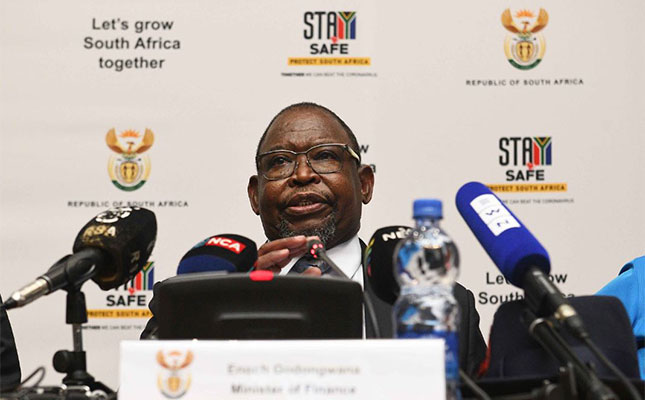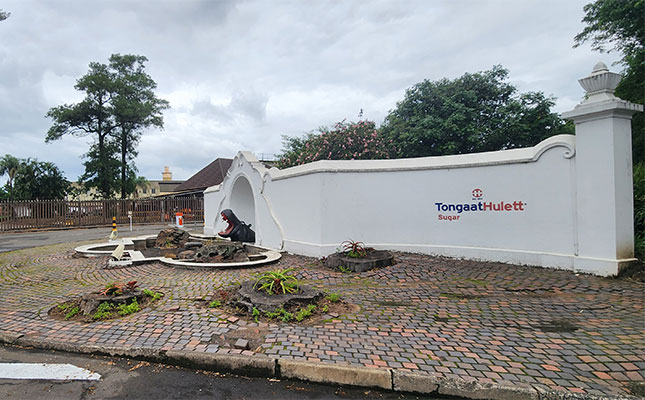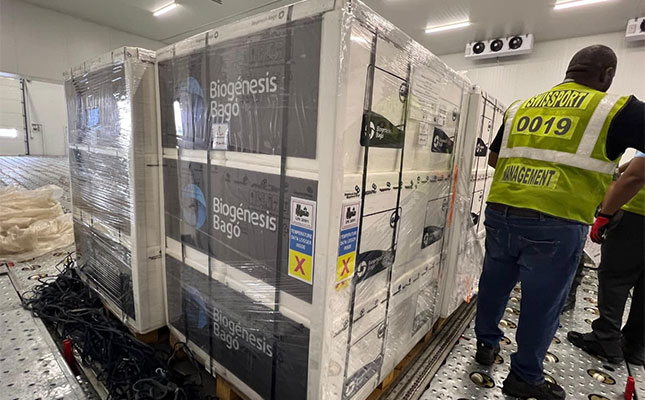
The move has sparked concern among local farmers and industry leaders, who have warned that it could cost thousands of jobs and destabilise rural communities.
According to the Citrus Growers’ Association of Southern Africa (CGA), the tariff would render South African citrus uncompetitive in the US market.
Speaking to Farmer’s Weekly, CGA CEO Boitshoko Ntshabele said that unlike major South American competitors like Peru and Chile, which faced a 10% tariff, the 30% tariff imposed on South Africa would add approximately US$4,25 (around R75) per carton, effectively pricing local citrus out of US store shelves.
In a statement, Gerrit van der Merwe, chairperson of the CGA’s board and a citrus farmer in Citrusdal, Western Cape, said the tariff would wreak economic havoc on local communities.
“Towns like Citrusdal, which rely heavily on US exports, could face increased unemployment or even total economic collapse,” he explained.
While the US currently accounts for 5% to 6% of South Africa’s citrus exports, that relatively small market is critical for rural economies in the Western and Northern Cape. Exports to the US have nearly doubled since 2017, with more than 6,5 million cartons sent to that country annually.
According to Ntshabele these exports supported 35 000 jobs in South Africa and an estimated 20 000 in the US supply chain.
“Citrus is not produced in a factory. South African citrus growers do not compete with US citrus growers. In fact, our counterseasonal supply sustains consumer interest when US citrus is out of season, eventually benefitting US growers when [our season ends],” he added.
He emphasised that tariffing seasonal fresh produce like citrus could raise US food prices and harm public health.
“Citrus should be on the White House’s exemption list. It is seasonal and supports both US health and the US citrus industry while helping to keep food inflation down,” Ntshabele said.
‘SA government must act swiftly’
The CGA has urged the South African Department of Trade, Industry and Competition to urgently finalise negotiations with the US before 1 August.
“There are clear and convincing arguments for why our government must act swiftly and decisively to safeguard citrus,” Ntshabele said.
Van der Merwe echoed this appeal, adding that the tariff’s timing could not be worse.
“We’re in the middle of our 2025 harvest. Fruit is being picked, packed, and shipped. Redirecting that volume to other markets on short notice is almost impossible, and doing so could collapse prices across our entire industry,” he explained.
Commenting on the tariff, Minister of Agriculture John Steenhuisen said in a statement: “We have noted the correspondence from the White House regarding the 30% tariff on South African exports. Thousands of agricultural jobs are at stake, particularly in citrus, grapes, wine, and nuts.
“We remain committed to urgent, constructive dialogue with our US counterparts and are working closely with other ministers to explore all avenues for a fairer trade outcome, including expanding into new and emerging markets.”
According to Ntshabele, in the long term, South Africa’s citrus industry was projected to create 100 000 new jobs by 2032, but only if current market access was preserved and new export opportunities to the US, China, and India were unlocked.
He added that with South African citrus already facing steep tariffs in Asia, the loss of the US market could be a devastating blow, he added.
“Unless a trade solution is found soon, this winter’s storm could very well be the one we’ll not weather,” Van der Merwe warned.










